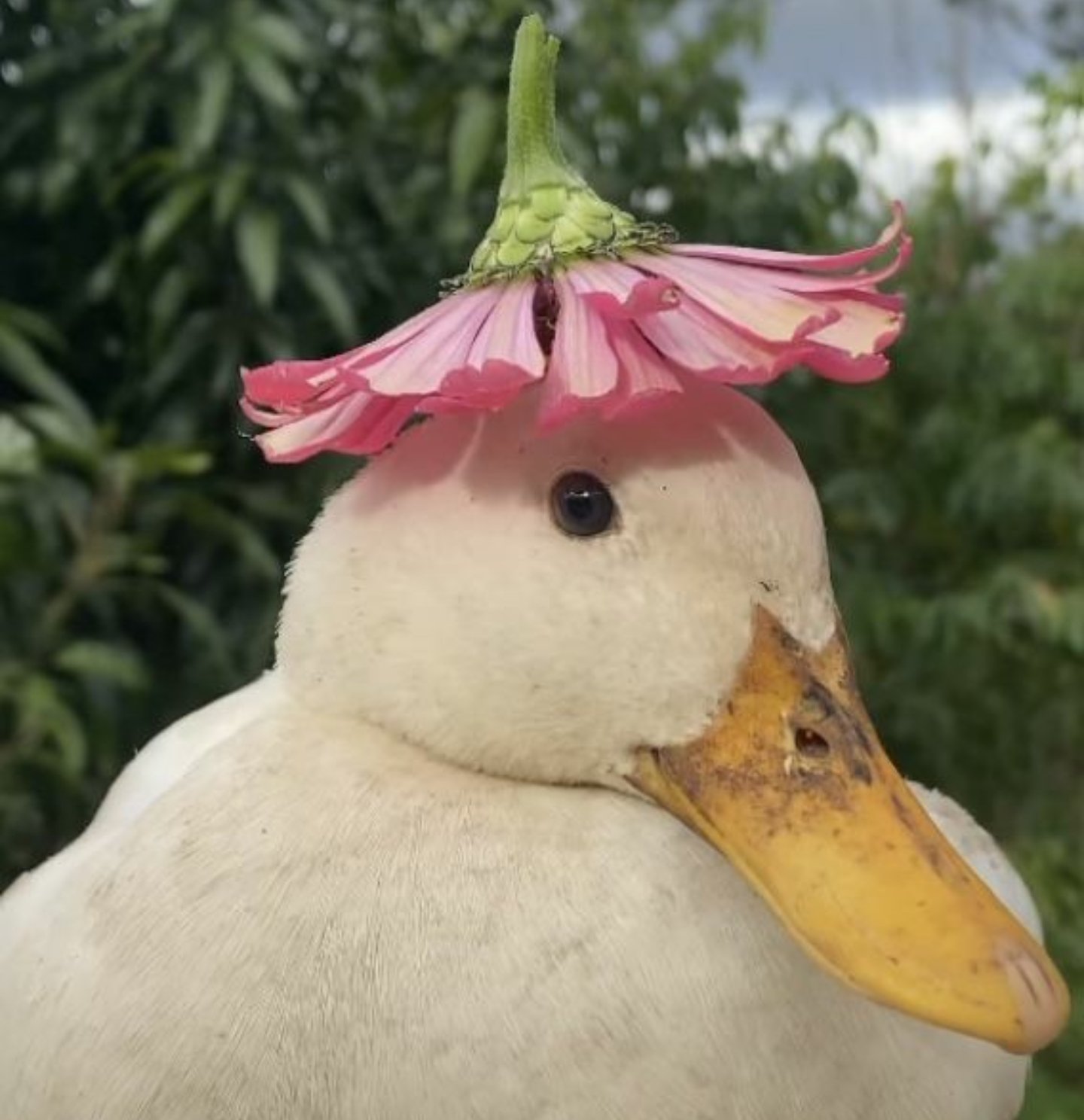

Well it avoids any technical/hairsplitty nuance. It’s intentionally vague, in a way that’s actually very expressive. The base vocab is unique to the language (“evolved” that way), and the more nitpicky the words get, the more they resemble pidgin English/German/French/Spanish/Italian. Then it seemlessly fades into English/whatever for technical jargon. It’s a sort of “intimate” language, meant for close personal relationships rather than to speak to millions of people.
I had a sort of fantasy idea for the backstory, but I don’t know if it’s stupid or not. I had the idea of the original Atlantis population survived in some way, a few people maybe. They have bred among themselves and other populations, lived among us in obscurity, hiding in plain sight, for many many years. So this language is their sort of creole, developed as they had to assimilate and learn other languages. The language has become anglified for broad communication (through necessity), but the intimate aspects are still true to their original language.
I’m not good at this stuff. Is that something of a starting point?
Edit: it’s also very melodic, and not gutteral. It doesn’t have the sounds th, j, r, sh, ks kh (like ch in loch), z, or ae as in cAt). So it sounds kinda like English, Latin, Esperanto, German, French, Italian, Spanish, Greek, Portuguese, Nordic, Irish, Russian, Japanese, Turkish… without really sounding like any of them.





It’s vague now because the modern world has become too precise, too complicated. So my language “evolved” to discuss things in a more Zen kind of way. The old language (as I imagine it) was very gutteral and full of sounds most modern day people couldn’t pronounce. It evolved to a more modern day sound inventory to assimilate with the modern, technocratic population. It became private because the non-Atlandeans wouldn’t approve. Esperanto speakers were executed by the Soviets AND the Nazis, for example. It’s a way of keeping hold of their “Zen” lost world, and they don’t want it interfered with. So it’s not a terribly straightforward process to translate any of it unless you know it fairly well.
Ooh, that’s a good one!
Actually, this has all been very helpful. As we say in my language: spaqi! (thanks!).